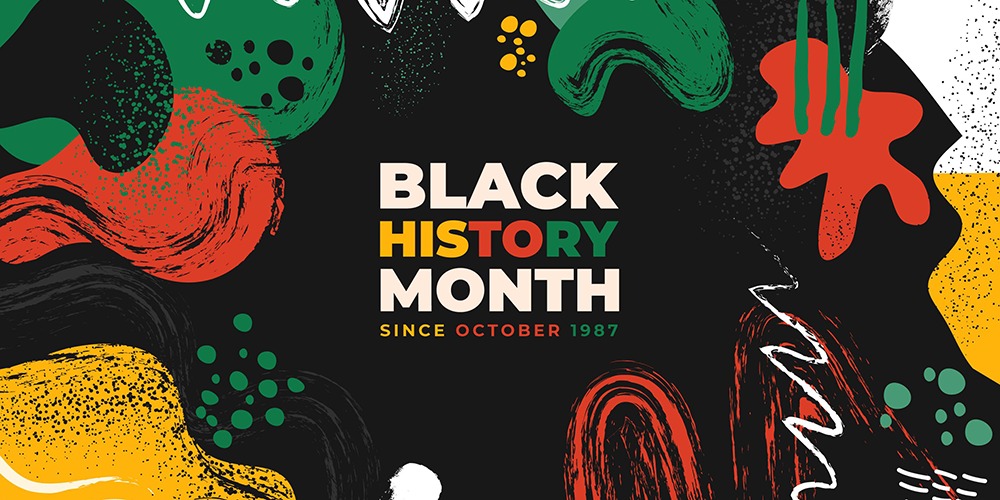EDUCATION
Celebrating the Legacy: Understanding the Importance of Black History Month

Black History Month is a time to celebrate the rich cultural heritage and contributions of African Americans to the United States and the world. This annual observance, which takes place in February, was first established as “Negro History Week” by historian Carter G. Woodson in 1926 and later expanded to a month-long celebration in 1976.
The history of African Americans is long and complex, marked by centuries of slavery, segregation, and discrimination, as well as moments of great triumph and resilience. From the arrival of the first Africans in the English colonies in 1619 to the election of Barack Obama as the first African American president of the United States in 2008, the story of black people in America is one of perseverance, determination, and progress.
Throughout Black History Month, communities across the country pay tribute to the accomplishments and legacy of African Americans, showcasing their contributions to the arts, sciences, sports, politics, and more. There are also events and activities aimed at educating the public about the history of African Americans and promoting cultural awareness.
Some of the most notable African American figures in history include Harriet Tubman, Frederick Douglass, Martin Luther King Jr., Rosa Parks, and Malcolm X, among many others. These individuals and countless others fought for their rights and those of their communities, working to end slavery and segregation, and pushing for equality and justice.
Today, Black History Month continues to be a time of reflection, appreciation, and education, and it is a reminder of the importance of preserving and celebrating the history and culture of African Americans. It is also a time to acknowledge the ongoing struggle for equality and to recommit to the work of creating a more just and inclusive society.
In conclusion, Black History Month is an opportunity to celebrate the achievements and contributions of African Americans and to remember the struggles they faced and overcome. It is a time to recognize the impact of black history on the present and to look forward to a future where everyone can enjoy equal rights, opportunities, and dignity.













